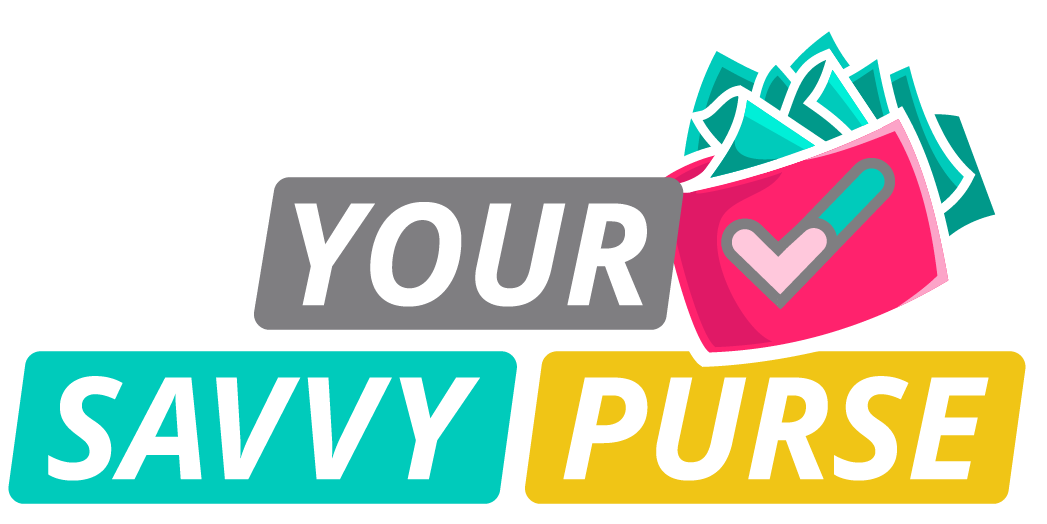We’re letting you know that this post contains sponsored links which Your Savvy Purse receives compensation for, which may impact their order of appearance.
If you’re a senior born between 1941 and 1979, there may be some financial help available to you that you aren’t aware of. Many seniors in this age range are eligible for a variety of benefits, and they could be yours for the asking. Whether you’re on a fixed income or just want to maximize the benefits available to you, here are seven valuable perks that may be available this month.
1. Social Security Benefits
First and foremost, seniors who have worked and paid into Social Security are likely eligible for monthly payments. If you haven’t already signed up for Social Security, it’s worth checking if you qualify. The amount you receive depends on your lifetime earnings, but for many, this is a vital source of income.
If you’re already receiving Social Security, be sure to check if your payments are correct. You can also inquire about potential cost-of-living adjustments (COLA), which may result in higher monthly payments.
2. Supplemental Security Income (SSI)
For those who qualify based on income and resources, Supplemental Security Income (SSI) provides additional financial assistance. SSI benefits are designed to help seniors with limited income and resources cover essential costs like food, shelter, and medical expenses. It’s an important resource for seniors who may not have the financial means to cover all their basic living costs.
You can apply for SSI through the Social Security Administration, and if you qualify, it could provide a monthly boost to your income.
3. Medicare Benefits
Seniors over the age of 65 are eligible for Medicare, which provides health insurance coverage. This program includes several parts:
- Part A: Hospital insurance.
- Part B: Medical insurance.
- Part D: Prescription drug coverage.
If you haven’t signed up for Medicare yet, it’s important to do so during the enrollment periods to avoid late fees or gaps in coverage. Even if you’re already enrolled, you might be eligible for additional savings or programs, such as Medicare Savings Programs, which help with premiums, co-payments, and deductibles.
4. Low-Income Energy Assistance
Energy costs can be a significant burden on seniors, particularly during colder months. Many states offer Low-Income Energy Assistance Programs (LIHEAP) that provide financial help for heating and cooling costs. If you qualify based on income, you may be able to receive assistance in paying your energy bills.
Check with your local utility companies or community programs to see if you qualify and how to apply for assistance.
5. Food Assistance Programs
Seniors can also benefit from food assistance programs, especially if they are struggling to make ends meet. The Supplemental Nutrition Assistance Program (SNAP), also known as food stamps, provides monthly benefits to help seniors purchase food. Additionally, some states offer state-specific programs to help seniors with food costs.
For seniors who meet eligibility requirements, applying for these programs can help reduce food-related stress and ensure access to nutritious meals.
6. Discounts and Senior Benefits
Many businesses offer senior discounts on a variety of goods and services. Restaurants, retail stores, and even entertainment venues often provide discounts just for being a senior. You may also be eligible for reduced pricing on public transportation, museum admissions, and even tax breaks in some areas.
Make sure to carry proof of age with you, as many businesses require it to unlock senior discounts. Additionally, organizations like AARP offer numerous resources and discounts specifically for older adults.
7. Property Tax Relief Programs
Depending on where you live, you may be eligible for property tax relief programs designed for seniors. Many local governments offer exemptions or reductions in property taxes for seniors who meet certain income and residency requirements.
If you own a home and are finding it difficult to manage your property taxes, reach out to your local tax office to see if you qualify for any reductions or assistance programs.
How to Apply for These Benefits
Applying for benefits can seem overwhelming, but it’s easier than you might think. Many programs have online portals, and you can apply for Social Security, SSI, Medicare, and other assistance programs directly through their respective websites.
For discounts and senior benefits, it’s often as simple as asking or signing up with the relevant organization, such as AARP or your local government. For energy and food assistance programs, check with local community organizations or government websites to find eligibility requirements and application procedures.
Final Thoughts
Seniors born between 1941 and 1979 have access to a variety of benefits that can improve their quality of life and ease financial burdens. Don’t miss out on the help that’s available to you. Whether it’s health coverage, food assistance, or property tax relief, there are resources that can make a significant difference in your monthly budget.
If you think you might be eligible for any of these programs, take a few minutes to apply. You’ve earned it, and the support is there for the asking!



